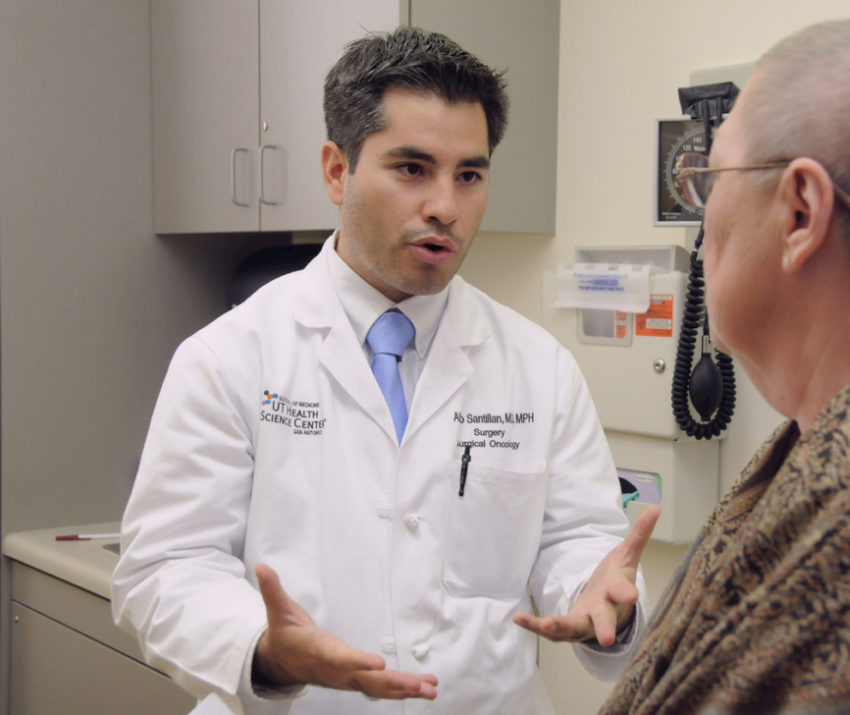
Share On Social!
The number of Latino doctors declined 22% over the past 30 years, while the Latino population rose 243% in the same span, according to a new study.
The study, from UCLA’s Center for the Study of Latino Health and Culture, used Census data to examine the Latino physician workforce from 1980 and 2010.
Latino doctors declined from 135 to 105 per 100,000 Latinos from 1980 to 2010, a 22% drop.
White doctors increased from 211 to 315 per 100,000 whites in the same period, a 49% rise.
Study leaders said the Latino doctoral shortage negatively affects patients.
“There is a shortage of health care professionals that, at minimum, have the language skills to communicate effectively with patients, provide quality care and avoid harmful outcomes for a growing majority of patients not only in California but in the nation as a whole,” said Dr. Gloria Sanchez of UCLA, the paper’s lead author.
Several programs exist to encourage Latinos to seek doctoral degrees, including Éxito! Latino Cancer Research Leadership Training, a program of the Institute for Health Promotion Research (IHPR) at The University of Texas Health Science Center at San Antonio, and the Minority Training Program in Cancer Control Research at the University of California, San Francisco.
Exito!, which offers an annual summer institute to increase the number of master’s-degree-level Latinos who pursue a doctoral degree, also offers a resource guide for Latinos to apply to and complete a doctoral program.
In the meantime, more efforts are needed to meet Latinos’ health care needs, Sanchez said.
“[Our study] demonstrates the urgent need for analysis of how the rapidly growing Latino population will have adequate access to high-quality care both now and in the future,” she said.
Explore More:
Healthcare Access, Healthy Families & Schools, Healthy Lifestyles, Latino Cancer, Latino ObesityBy The Numbers
25.1
percent
of Latinos remain without health insurance coverage



